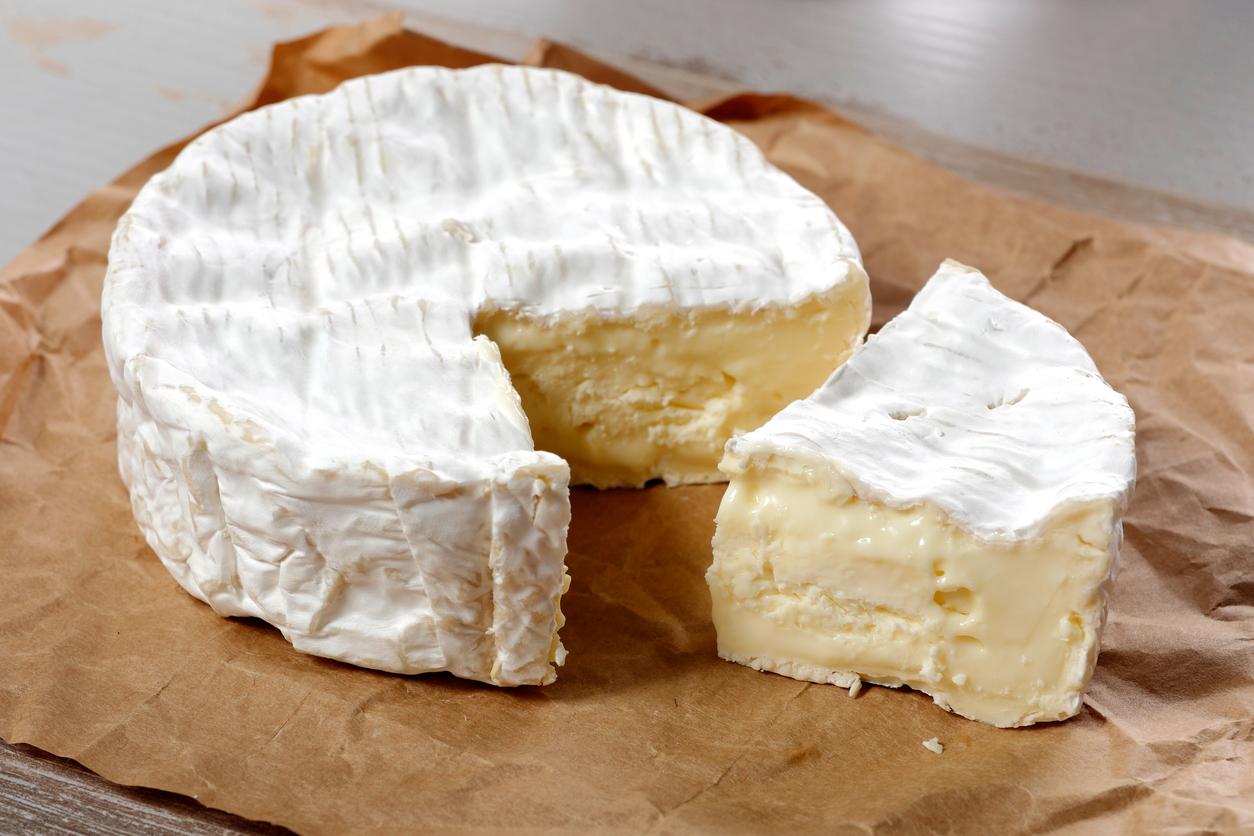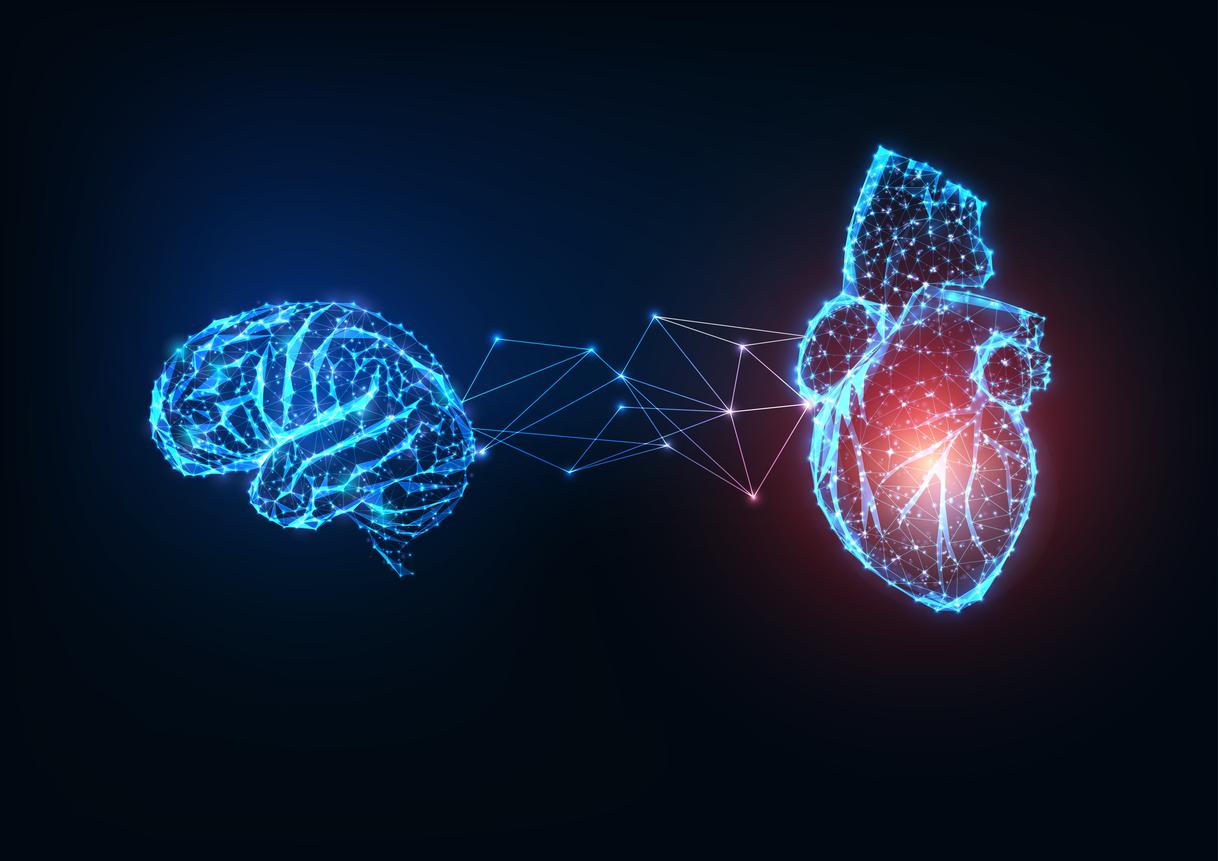Does memory intervene in our dreams?
It is generally thought that dreams are, at least in part, the conscious reflection of brain reactivations corresponding to the memory of recent experiences.
During light and deep sleep, dreams contain “realistic” images corresponding to fragments of recent learning.
How are these “realistic images” organized in our dreams?
These images are incorporated in an apparently anarchic way with other memories, other knowledge which, during REM sleep [phase de sommeil qui aide à consolider la mémoire procédurale, celle des savoir-faire, des habiletés, comme jouer au foot, ou taper à l’ordinateur par exemple, ndlr] express themselves in a more abstract and emotionally rich form.
Dreams are therefore based on memory…
We do not see on what, other than our memories, the dreams would be built. But knowing whether they contribute by themselves to consolidating, transforming and developing our memory, the emotional charge of our memories, or even to fueling our creativity is a completely different question.
Thanks to Robert Jaffard, Emeritus Professor at the University of Bordeaux 1, CNRS researcher, neurobiologist, specialist in the study of memory, member of the scientific council of the B2V Observatory of Memories.
>> To read also:Living your dreams predicts Alzheimer’s disease
To have a good memory, sleep!
















